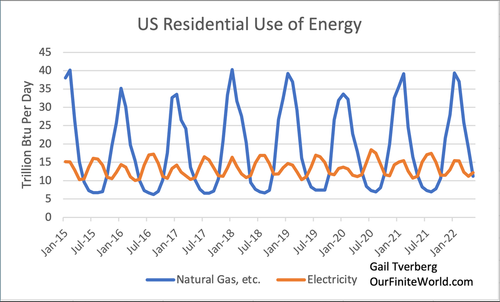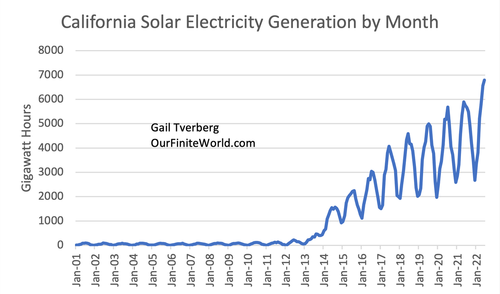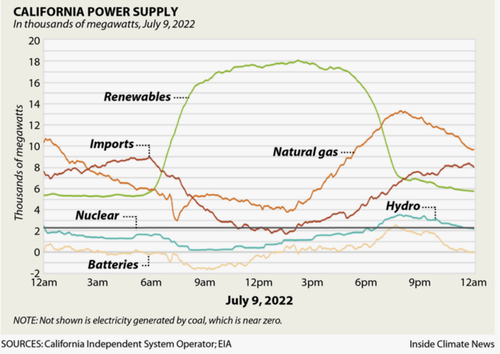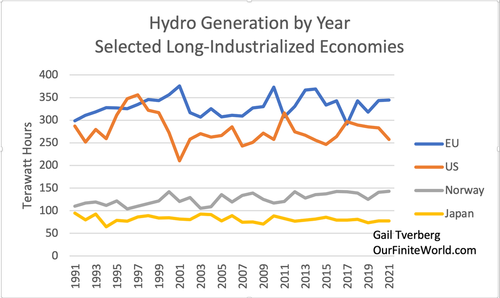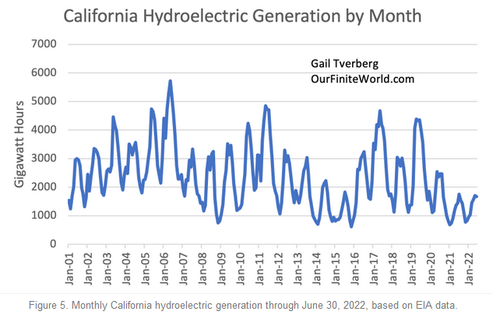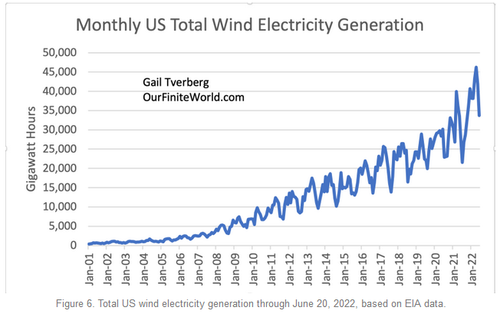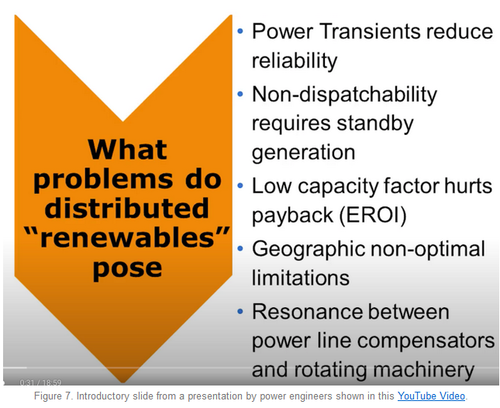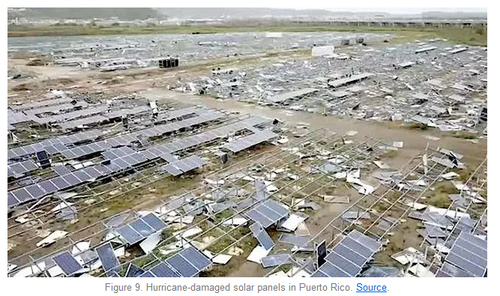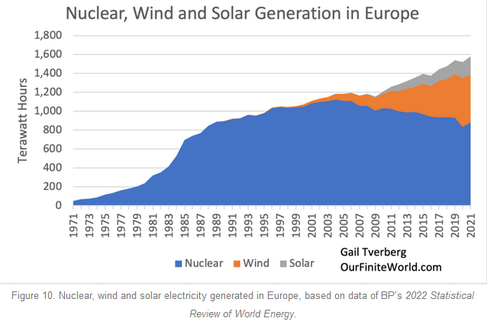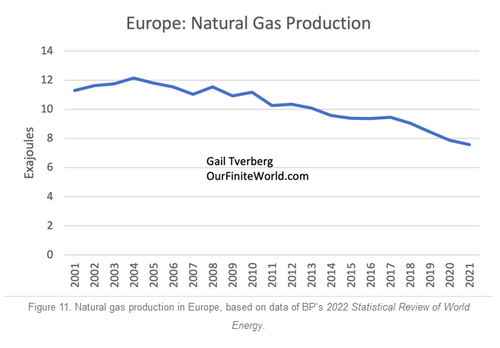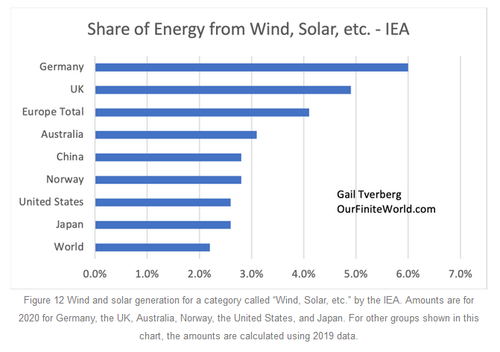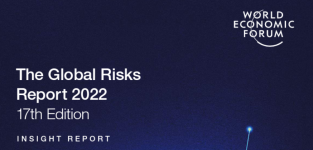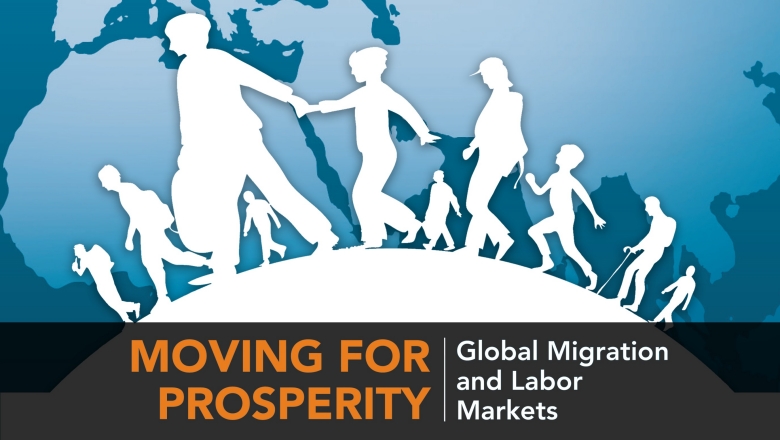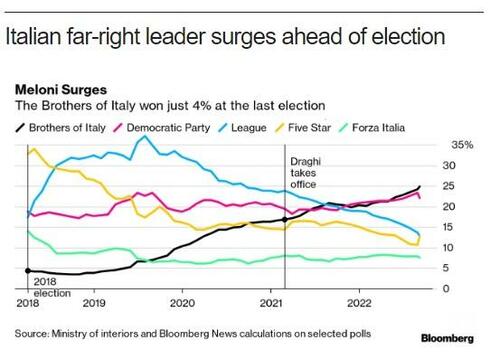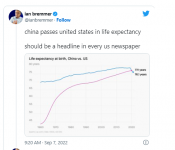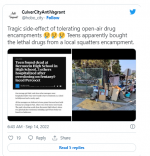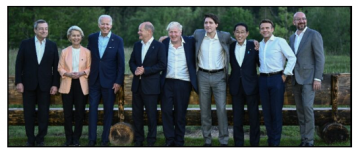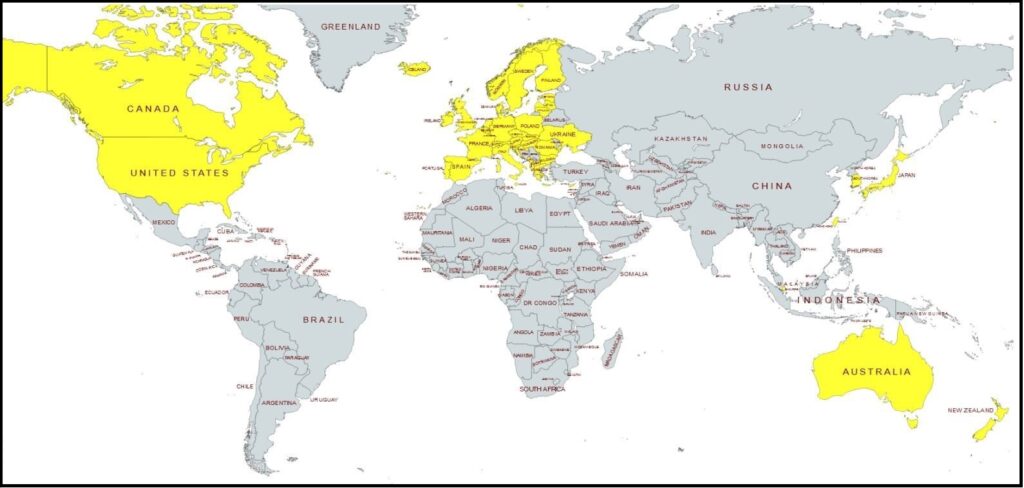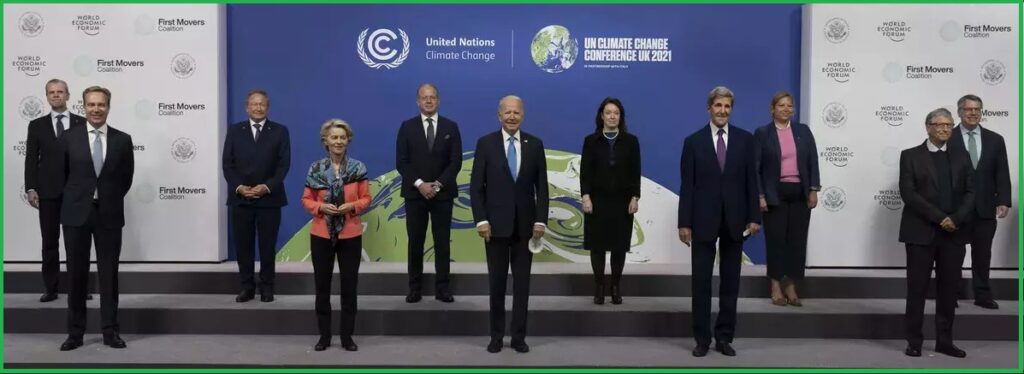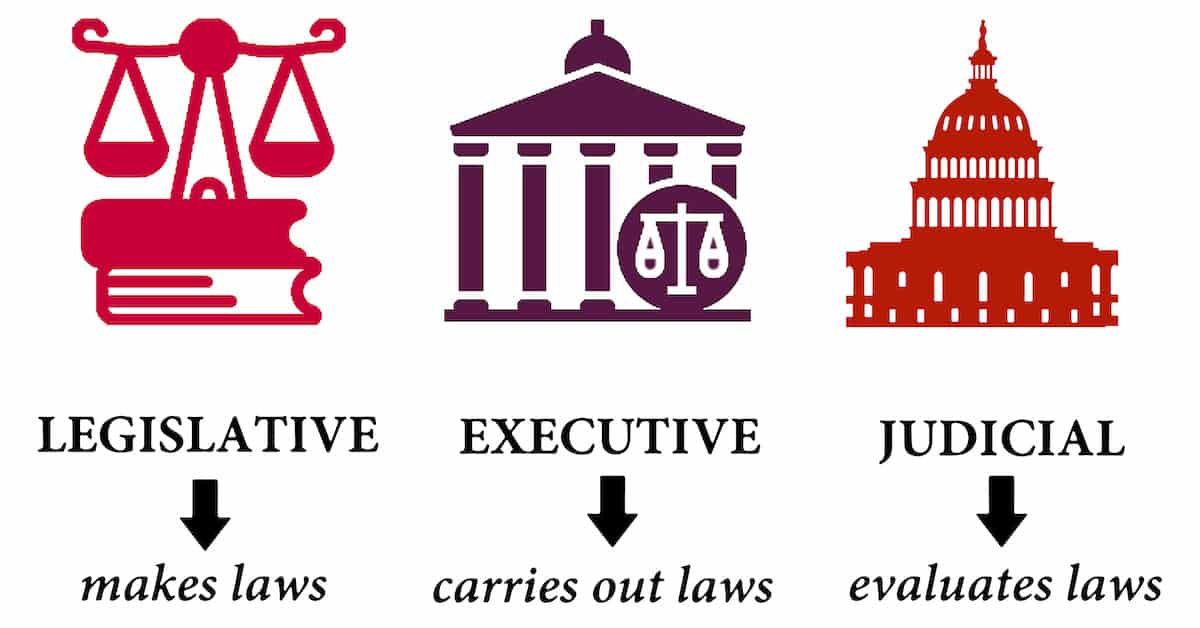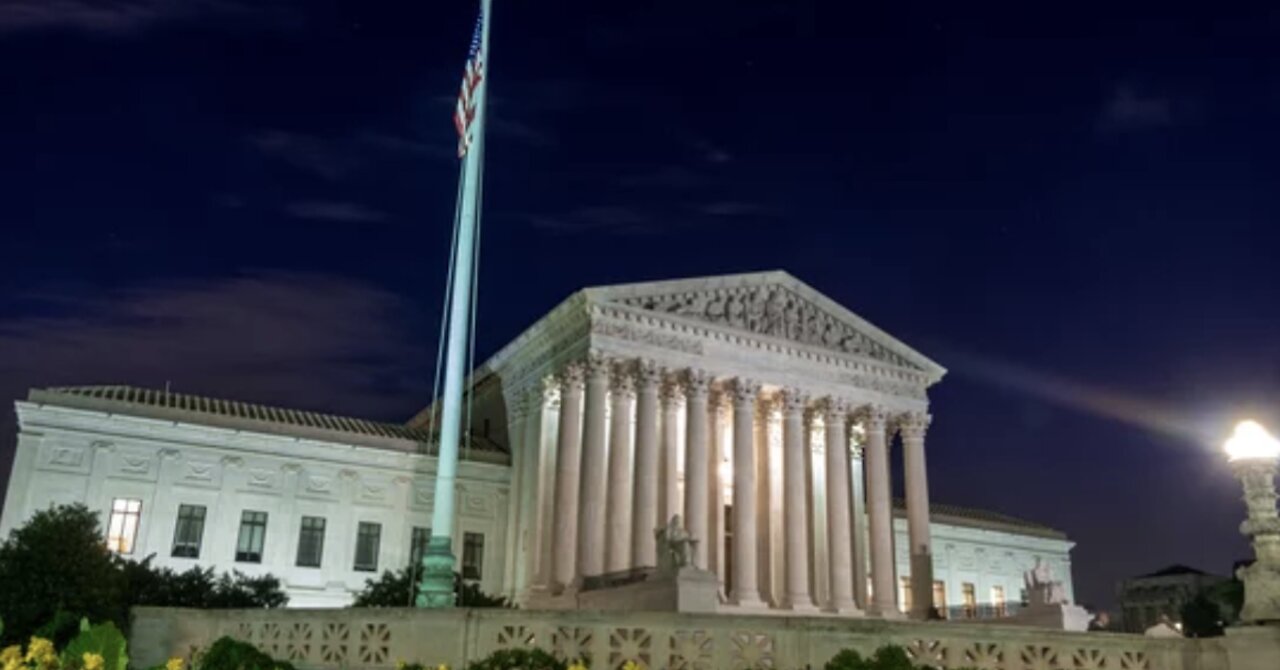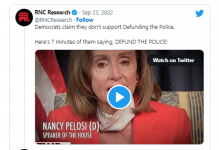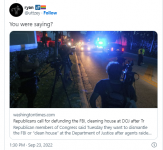marsh
On TB every waking moment
Part 2 of 2
Professor Laski took pleasure in repeating the truism that liberty in practice always means liberty within law. He went on saying that the law always aims at "the conference of security upon a way of life which is deemed satisfactory by those who dominate the machinery of state."4 This is a correct description of the laws of a free country if it means that the law aims at protecting society against conspiracies intent upon kindling civil war and upon overthrowing the government by violence. But it is a serious misstatement when Professor Laski adds that in a capitalistic society "an effort on the part of the poor to alter in a radical way the property rights of the rich at once throws the whole scheme of liberties into jeopardy."5
Take the case of the great idol of Professor Laski and all his friends, Karl Marx. When in 1848 and 1849 he took an active part in the organization and the conduct of the revolution, first in Prussia and later also in other German states, he was—being legally an alien—expelled and moved, with his wife, his children, and his maid, first to Paris and then to London.6 Later, when peace returned and the abettors of the abortive revolution were amnestied, he was free to return to all parts of Germany and often made use of this opportunity. He was no longer an exile, and he chose of his own account to make his home in London.7 Nobody molested him when he founded, in 1864, the International Working Men's Association, a body whose avowed sole purpose it was to prepare the great world revolution. He was not stopped when on behalf of this association he visited various Continental countries. He was free to write and to publish books and articles which, to use the words of Professor Laski, were certainly an effort "to alter in a radical way the property rights of the rich." And he died quietly in his home, 41, Maitland Park Road, on March 14, 1883.
Or take the case of the British Labor Party. Their effort "to alter in a radical way the property rights of the rich" was, as professor Laski knew very well, not hindered by any action incompatible with the principle of liberty.
Marx, the dissenter, could at ease live, write and advocate revolution in Victorian England just as the Labor Party could at ease engage in all political activities in post-Victorian England. In Soviet Russia not the slightest opposition is tolerated. This is what the difference between liberty and slavery means.
IV
The critics of the legal and constitutional concept of liberty and the institutions devised for its practical realization are right in their assertion that freedom from arbitrary action on the part of the officeholders is in itself not yet sufficient to make an individual free. But in emphasizing this indisputable truth they are running against open doors. For no advocate of liberty ever contended that to restrain the arbitrariness of officialdom is all that is needed to make the citizens free. What gives to the individuals as much freedom as is compatible with life in society is the operation of the market system. The constitutions and bills of rights do not create freedom. They merely protect the freedom that the competitive economic system grants to the individuals against encroachments on the part of the police power.
In the market economy people have the opportunity to strive after the station they want to attain in the structure of the social division of labor. They are free to choose the vocation in which they plan to serve their fellow men. In a planned economy they lack this right. Here the authorities determine each man's occupation. The discretion of the superiors promotes a man to a better position or denies him such promotion. The individual entirely depends on the good graces of those in power. But under capitalism everybody is free to challenge the vested interests of everybody else. If he thinks that he has the ability to supply the public better or more cheaply than other people do, he may try to demonstrate his efficiency. Lack of funds cannot frustrate his projects. For the capitalists are always in search of men who can utilize their funds in the most profitable way. The outcome of his business activities depends alone on the conduct of the consumers who buy what fits them best.
Neither does the wage earner depend on the employer's arbitrariness. An entrepreneur who fails to hire those workers who are best fitted for the job concerned and to pay them enough to prevent them from taking another job is penalized by a reduction of net revenue. The employer does not grant to his employees a favor. He hires them as an indispensable means for the success of his business in the same way in which he buys raw materials and factory equipment. The worker is free to find the employment which suits him best.
The process of social selection that determines each individual's position and income is continuously going on in the capitalist society. Great fortunes are shrinking and finally melting away completely while other people, born in poverty, ascend to eminent positions and considerable incomes. Where there are no privileges and governments do not grant protection to vested interests threatened by the superior efficiency of newcomers, those who have acquired wealth in the past are forced to acquire it every day anew in competition with all other people.
Within the framework of social cooperation under the division of labor everybody depends on the recognition of his services on the part of the buying public of which he himself is a member. Everybody in buying or abstaining from buying is a member of the supreme court which assigns to all people—and thereby also to himself—a definite place in society. Everybody is instrumental in the process that assigns to some people a higher and to others a smaller income. Everybody is free to make a contribution which his fellow men are prepared to reward by the allocation of a higher income. Freedom under capitalism means: not to depend more on other people's discretion than these others depend on one's own. No other freedom is conceivable where production is performed under the division of labor and there is no perfect economic autarky of everybody.
There is need to stress the point that the essential argument advanced in favor of capitalism and against socialism is not the fact that socialism must necessarily abolish all vestiges of freedom and convert all people into slaves of those in power. Socialism is unrealizable as an economic system because a socialist society would not have any possibility of resorting to economic calculation. This is why it cannot be considered as a system of society's economic organization. It is a means to disintegrate social cooperation and to bring about poverty and chaos.
V
In dealing with the liberty issue one does not refer to the essential economic problem of the antagonism between capitalism and socialism. One rather points out that Western man as different from the Asiatics is entirely a being adjusted to life in freedom and formed by life in freedom. The civilizations of China, Japan, India, and the Mohammedan countries of the Near East as they existed before these nations became acquainted with Western ways of life certainly cannot be dismissed as barbarism. These peoples already many hundreds, even thousands of years ago brought about marvelous achievements in the industrial arts, in architecture, in literature and philosophy and in the development of educational institutions. They founded and organized powerful empires. But then their effort was arrested, their cultures became numb and torpid, and they lost the ability to cope successfully with economic problems. Their intellectual and artistic genius withered away. Their artists and authors bluntly copied traditional patterns. Their theologians, philosophers, and lawyers indulged in unvarying exegesis of old works. The monuments erected by their ancestors crumbled. Their empires disintegrated. Their citizens lost vigor and energy and became apathetic in the face of progressing decay and impoverishment.
The ancient works of Oriental philosophy and poetry can compare with the most valuable works of the West. But for many centuries the East has not generated any book of importance. The intellectual and literary history of modern ages hardly records any name of an Oriental author. The East has no longer contributed anything to the intellectual effort of mankind. The problems and controversies that agitated the West remained unknown to the East. In Europe there was commotion; in the East there was stagnation, indolence, and indifference.
The reason is obvious. The East lacked the primordial thing, the idea of freedom from the state. The East never raised the banner of freedom, it never tried to stress the rights of the individual against the power of the rulers. It never called into question the arbitrariness of the despots. And, first of all, it never established the legal framework that would protect the private citizens' wealth against confiscation on the part of the tyrants. On the contrary, deluded by the idea that the wealth of the rich is the cause of the poverty of the poor, all people approved of the practice of the governors of expropriating successful businessmen. Thus big scale capital accumulation was prevented, and the nations had to miss all those improvements that require considerable investment of capital. No "bourgeoisie" could develop, and consequently there was no public to encourage and to patronize authors, artists, and inventors.
To the sons of the people all roads toward personal distinction were closed but one. They could try to make their way in serving the princes. Western society was a community of individuals who could compete for the highest prizes. Eastern society was an agglomeration of subjects entirely depending on the good graces of the sovereigns. The alert youth of the West looks upon the world as a field of action in which he can win fame, eminence, honors, and wealth; nothing appears too difficult for his ambition. The meek progeny of Eastern parents know of nothing else than to follow the routine of their environment. The noble self-reliance of Western man found triumphant expression in such dithyrambs as Sophocles's choric Antigone hymn upon man and his enterprising effort and Beethoven's Ninth Symphony. Nothing of the kind has ever been heard in the Orient.
Is it possible that the scions of the builders of the white man's civilization should renounce their freedom and voluntarily surrender to the suzerainty of omnipotent government? That they should seek contentment in a system in which their only task will be to serve as cogs in a vast machine designed and operated by an almighty planmaker? Should the mentality of the arrested civilizations sweep the ideals for the ascendancy of which thousands and thousands have sacrificed their lives?
Ruere in servitium, they plunged into slavery, Tacitus sadly observed in speaking of the Romans of the age of Tiberius.
Professor Laski took pleasure in repeating the truism that liberty in practice always means liberty within law. He went on saying that the law always aims at "the conference of security upon a way of life which is deemed satisfactory by those who dominate the machinery of state."4 This is a correct description of the laws of a free country if it means that the law aims at protecting society against conspiracies intent upon kindling civil war and upon overthrowing the government by violence. But it is a serious misstatement when Professor Laski adds that in a capitalistic society "an effort on the part of the poor to alter in a radical way the property rights of the rich at once throws the whole scheme of liberties into jeopardy."5
Take the case of the great idol of Professor Laski and all his friends, Karl Marx. When in 1848 and 1849 he took an active part in the organization and the conduct of the revolution, first in Prussia and later also in other German states, he was—being legally an alien—expelled and moved, with his wife, his children, and his maid, first to Paris and then to London.6 Later, when peace returned and the abettors of the abortive revolution were amnestied, he was free to return to all parts of Germany and often made use of this opportunity. He was no longer an exile, and he chose of his own account to make his home in London.7 Nobody molested him when he founded, in 1864, the International Working Men's Association, a body whose avowed sole purpose it was to prepare the great world revolution. He was not stopped when on behalf of this association he visited various Continental countries. He was free to write and to publish books and articles which, to use the words of Professor Laski, were certainly an effort "to alter in a radical way the property rights of the rich." And he died quietly in his home, 41, Maitland Park Road, on March 14, 1883.
Or take the case of the British Labor Party. Their effort "to alter in a radical way the property rights of the rich" was, as professor Laski knew very well, not hindered by any action incompatible with the principle of liberty.
Marx, the dissenter, could at ease live, write and advocate revolution in Victorian England just as the Labor Party could at ease engage in all political activities in post-Victorian England. In Soviet Russia not the slightest opposition is tolerated. This is what the difference between liberty and slavery means.
IV
The critics of the legal and constitutional concept of liberty and the institutions devised for its practical realization are right in their assertion that freedom from arbitrary action on the part of the officeholders is in itself not yet sufficient to make an individual free. But in emphasizing this indisputable truth they are running against open doors. For no advocate of liberty ever contended that to restrain the arbitrariness of officialdom is all that is needed to make the citizens free. What gives to the individuals as much freedom as is compatible with life in society is the operation of the market system. The constitutions and bills of rights do not create freedom. They merely protect the freedom that the competitive economic system grants to the individuals against encroachments on the part of the police power.
In the market economy people have the opportunity to strive after the station they want to attain in the structure of the social division of labor. They are free to choose the vocation in which they plan to serve their fellow men. In a planned economy they lack this right. Here the authorities determine each man's occupation. The discretion of the superiors promotes a man to a better position or denies him such promotion. The individual entirely depends on the good graces of those in power. But under capitalism everybody is free to challenge the vested interests of everybody else. If he thinks that he has the ability to supply the public better or more cheaply than other people do, he may try to demonstrate his efficiency. Lack of funds cannot frustrate his projects. For the capitalists are always in search of men who can utilize their funds in the most profitable way. The outcome of his business activities depends alone on the conduct of the consumers who buy what fits them best.
Neither does the wage earner depend on the employer's arbitrariness. An entrepreneur who fails to hire those workers who are best fitted for the job concerned and to pay them enough to prevent them from taking another job is penalized by a reduction of net revenue. The employer does not grant to his employees a favor. He hires them as an indispensable means for the success of his business in the same way in which he buys raw materials and factory equipment. The worker is free to find the employment which suits him best.
The process of social selection that determines each individual's position and income is continuously going on in the capitalist society. Great fortunes are shrinking and finally melting away completely while other people, born in poverty, ascend to eminent positions and considerable incomes. Where there are no privileges and governments do not grant protection to vested interests threatened by the superior efficiency of newcomers, those who have acquired wealth in the past are forced to acquire it every day anew in competition with all other people.
Within the framework of social cooperation under the division of labor everybody depends on the recognition of his services on the part of the buying public of which he himself is a member. Everybody in buying or abstaining from buying is a member of the supreme court which assigns to all people—and thereby also to himself—a definite place in society. Everybody is instrumental in the process that assigns to some people a higher and to others a smaller income. Everybody is free to make a contribution which his fellow men are prepared to reward by the allocation of a higher income. Freedom under capitalism means: not to depend more on other people's discretion than these others depend on one's own. No other freedom is conceivable where production is performed under the division of labor and there is no perfect economic autarky of everybody.
There is need to stress the point that the essential argument advanced in favor of capitalism and against socialism is not the fact that socialism must necessarily abolish all vestiges of freedom and convert all people into slaves of those in power. Socialism is unrealizable as an economic system because a socialist society would not have any possibility of resorting to economic calculation. This is why it cannot be considered as a system of society's economic organization. It is a means to disintegrate social cooperation and to bring about poverty and chaos.
V
In dealing with the liberty issue one does not refer to the essential economic problem of the antagonism between capitalism and socialism. One rather points out that Western man as different from the Asiatics is entirely a being adjusted to life in freedom and formed by life in freedom. The civilizations of China, Japan, India, and the Mohammedan countries of the Near East as they existed before these nations became acquainted with Western ways of life certainly cannot be dismissed as barbarism. These peoples already many hundreds, even thousands of years ago brought about marvelous achievements in the industrial arts, in architecture, in literature and philosophy and in the development of educational institutions. They founded and organized powerful empires. But then their effort was arrested, their cultures became numb and torpid, and they lost the ability to cope successfully with economic problems. Their intellectual and artistic genius withered away. Their artists and authors bluntly copied traditional patterns. Their theologians, philosophers, and lawyers indulged in unvarying exegesis of old works. The monuments erected by their ancestors crumbled. Their empires disintegrated. Their citizens lost vigor and energy and became apathetic in the face of progressing decay and impoverishment.
The ancient works of Oriental philosophy and poetry can compare with the most valuable works of the West. But for many centuries the East has not generated any book of importance. The intellectual and literary history of modern ages hardly records any name of an Oriental author. The East has no longer contributed anything to the intellectual effort of mankind. The problems and controversies that agitated the West remained unknown to the East. In Europe there was commotion; in the East there was stagnation, indolence, and indifference.
The reason is obvious. The East lacked the primordial thing, the idea of freedom from the state. The East never raised the banner of freedom, it never tried to stress the rights of the individual against the power of the rulers. It never called into question the arbitrariness of the despots. And, first of all, it never established the legal framework that would protect the private citizens' wealth against confiscation on the part of the tyrants. On the contrary, deluded by the idea that the wealth of the rich is the cause of the poverty of the poor, all people approved of the practice of the governors of expropriating successful businessmen. Thus big scale capital accumulation was prevented, and the nations had to miss all those improvements that require considerable investment of capital. No "bourgeoisie" could develop, and consequently there was no public to encourage and to patronize authors, artists, and inventors.
To the sons of the people all roads toward personal distinction were closed but one. They could try to make their way in serving the princes. Western society was a community of individuals who could compete for the highest prizes. Eastern society was an agglomeration of subjects entirely depending on the good graces of the sovereigns. The alert youth of the West looks upon the world as a field of action in which he can win fame, eminence, honors, and wealth; nothing appears too difficult for his ambition. The meek progeny of Eastern parents know of nothing else than to follow the routine of their environment. The noble self-reliance of Western man found triumphant expression in such dithyrambs as Sophocles's choric Antigone hymn upon man and his enterprising effort and Beethoven's Ninth Symphony. Nothing of the kind has ever been heard in the Orient.
Is it possible that the scions of the builders of the white man's civilization should renounce their freedom and voluntarily surrender to the suzerainty of omnipotent government? That they should seek contentment in a system in which their only task will be to serve as cogs in a vast machine designed and operated by an almighty planmaker? Should the mentality of the arrested civilizations sweep the ideals for the ascendancy of which thousands and thousands have sacrificed their lives?
Ruere in servitium, they plunged into slavery, Tacitus sadly observed in speaking of the Romans of the age of Tiberius.







